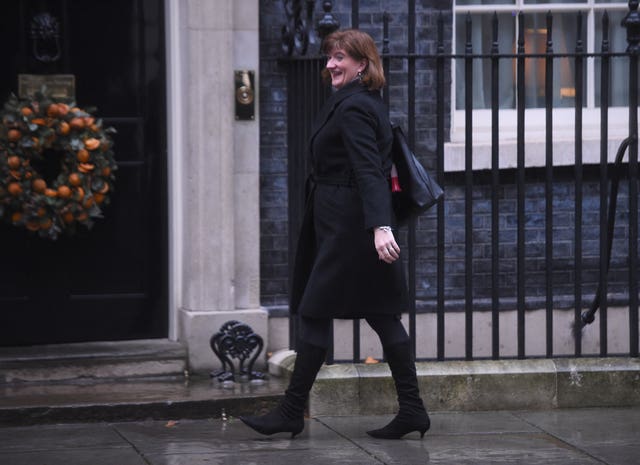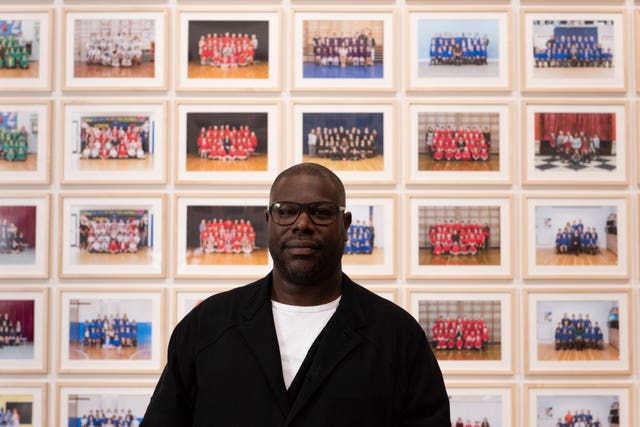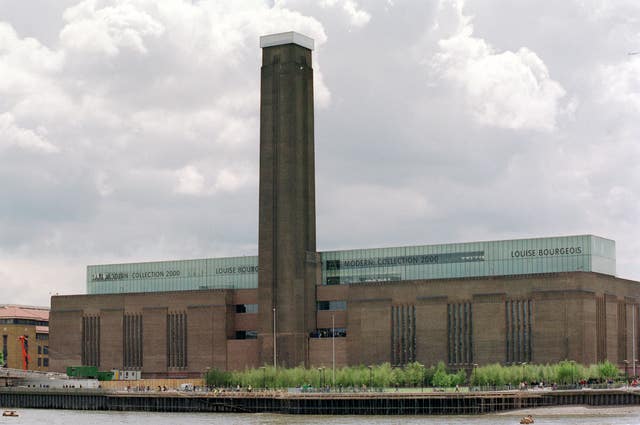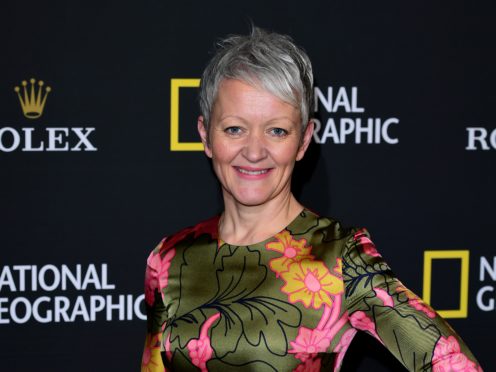Tate boss Maria Balshaw has urged the Government to end the “dire lack” of arts resources in state schools.
Balshaw, one of the most powerful people in the arts world, highlighted the disparity in arts provision for private and state school pupils.
Her outspoken intervention came as Prime Minister Boris Johnson announced that Nicky Morgan will continue as Culture Secretary, despite having quit the Commons at the General Election.
With signs that her appointment may only be temporary pending a full-scale Cabinet reshuffle, the ex-MP will be made a life peer and will answer questions in the House of Lords.

Balshaw said: “Access to the visual arts in this country must not depend on social and economic advantage.
“Private schools place a premium on a rich cultural education for their pupils whilst many state schools are starved of the resources to support access to culture and creativity for their pupils.
“We need a level cultural playing field for all children because we want and need visually literate adults.”
There has been criticism that the curriculum has been narrowed in recent years at the expense of arts and humanities.
Balshaw said the arts are a “core commitment” in Scotland and Wales.
But in England “hard-working teachers are too often thwarted in their aspiration to provide an arts-rich education by the restriction of the curriculum and the dire lack of resources”.

Oscar-winning film-maker Steve McQueen, whose photographs of thousands of Year Three pupils are on display at Tate Britain, also urged the Government to take action.
“The curriculum needs to be big enough to include all subjects and be for all children,” he said.
“Art and creativity are so important to science, to maths, or to any other academic venture.
“Cutting arts education means you cut off inventiveness, which impacts on being creative.
“We have many great artists, great thinkers and inventors in the UK and this has come through a sense of possibility. Arts education gives that sense of possibility.”

Tate cited figures, released by the Cultural Learning Alliance, showing that, in the last decade, there has been a sharp decline in pupils studying arts subjects in England, with the EBacc “further undermining creativity in schools”.
Martin Clark, director of Camden Arts Centre and convenor for the Plus Tate Education Working Group, said: “In a climate where visual literacy, creative thinking and innovation are going to be key to the future of our country, millions of children are being failed by an education system not fit for purpose or for the new realities of the 21st century.
“The current curriculum is quite literally failing young people and their futures.”
